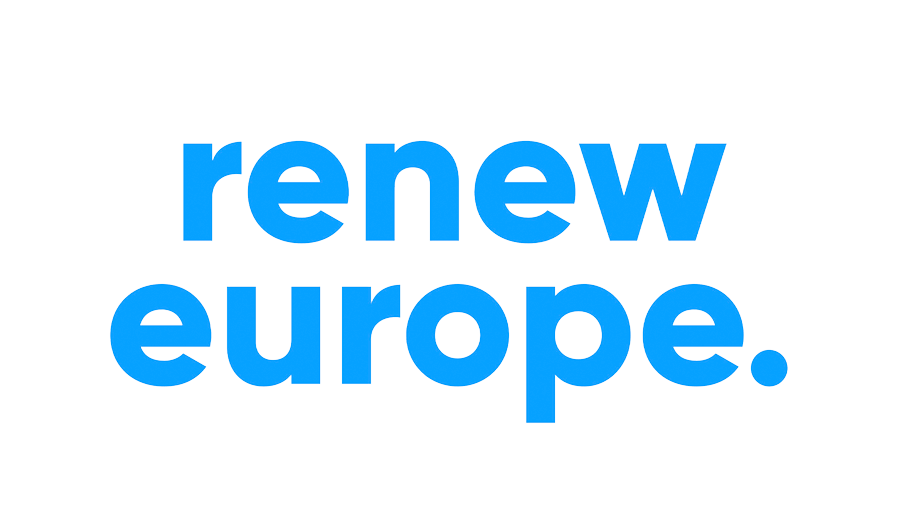Introducing the first chapter of the 2021 Liberal White Book, Hilde Vautmans MEP sets out the key reforms that would revive the EU’s institutional framework.
The European Union is hindered by the shortcomings of its institutions and structures. Various disruptions within the framework reduce its efficacy and efficiency. It is even less possible to tolerate such disruptions whilst the EU the post-pandemic landscape.
The EU should focus on the following three areas:
- Overcoming policy gridlock – while adhering to the subsidiarity principle.
- Increasing institutions’ efficacy – while closing the democratic deficit.
- Enhancing European integration – in a flexible way.
A majority is enough
When it comes to policy gridlock, each of the 27 member states has its own policy preferences, which sometimes split the Union into blocs along geographical divides. This heterogeneity slows down policymaking process, especially when unanimity is required. Certain actors may use their veto power to derail them completely. The resulting compromises are based on the lowest-common denominator in order to achieve decisions backed by consensus. All too often, these lead to ineffectiveness and weakened institutional legitimacy.
A so-called passerelle (bridge) clause is an opportunity to switch from unanimous to qualified majority voting. This clause should be applied to eliminate the unanimous voting requirement in strategic areas of internal cooperation such as foreign policy, defence and indirect taxation. This would prevent a small number of players being able to paralyse EU policymaking.
No more yellow cards
Monitoring respect for the subsidiarity and proportionality principles was introduced with the Treaty of Lisbon through the “early warning mechanism”. The mechanism’s purpose is to improve law-making in areas of shared competence by allowing member states’ legislative bodies to voice whether the Commission complies with these principles early on in legislation. To do this, it allows for “yellow and orange-card warnings”, depending on the number of “reasoned opinions” offered by national parliaments (one third or one half, respectively).
The Council is obliged to respond to these concerns with an explanation of its subsequent decision to maintain, amend, or withdraw the drafted proposal in question. Its infrequent use – a yellow card has only been triggered three times and the orange card has never been used – suggests the system should be updated to increase the impact of national-level agency in European legislative matters.
Engage with us
Some argue that the EU suffers from a democratic deficit, but this is not to say that it lacks democratic principles. On the contrary, Europe is formally democratic in its free and fair elections, separation of powers, etc. Participation, however, does not currently satisfy the requirements of a fully democratic Union. Domestic policy issues still largely dominate European-level elections. Turnout is consistently low and recent attempts to address this have failed. Citizens need convincing that their votes matter; digital solutions should be sought out to attract younger voters.
Most importantly, the European Parliament’s role must be elevated to the highest elected power, with co-decision-making and co-initiating functions alongside the Council and Commission. This would correct the current imbalance between these three branches.
Amendments to improve public awareness about the role of each will help close this democratic deficit by securing trust. What’s more, communication with voters must remain clear and make a direct connection between proposed framework reforms and the impact of such changes on policy. Better media coverage and public education on EU matters should be a part of this.
A little bit in, a little bit out
Multi-speed Europe is a concept that would allow for different degrees of integration for different groups of member states. Further integration can, of course, be achieved through enhanced cooperation or intergovernmental agreements – but these invariably seem to fall short.
Three solutions have been circulating:
- Concentric circles
- Clubs
- ‘Bare-bones’ or “EU plus” clubs (also called the hybrid approach)
The concentric circles model is the least flexible. It requires member states to choose their level of integration; for example, from peripheral membership consisting of a monetary union to an inner core of common defence and migration policies.
A Europe populated by “clubs” would be flexible. Member states could pick and choose their membership of clubs with different policy functions.
A ‘bare bones’ EU membership would still require a basic adherence to minimum common policy areas such as taxation and trade, and commitments to democracy, the rule of law, and fundamental rights. This approach is the most attractive option from a liberal perspective. It should be pursued in the future if enhanced cooperation and intergovernmental agreements have been exhausted.
Please – end the gridlock
A future institutional framework must firstly include effective policy options that address the reasons behind current gridlock problems. Secondly, it must incorporate engagement with ordinary people throughout the democratic process in order to build awareness and trust. Thirdly, it must offer an adaptable model for integration that caters to member states’ heterogeneous preferences.
A stronger framework will allow the EU’s institutions to improve their own operations as well as the efficacy and efficiency of the EU as a whole. Beyond this, it will also win the bloc increased support and democratic participation from its citizens.
Gepubliceerd in Mace Magazine op 10/08/2021.
